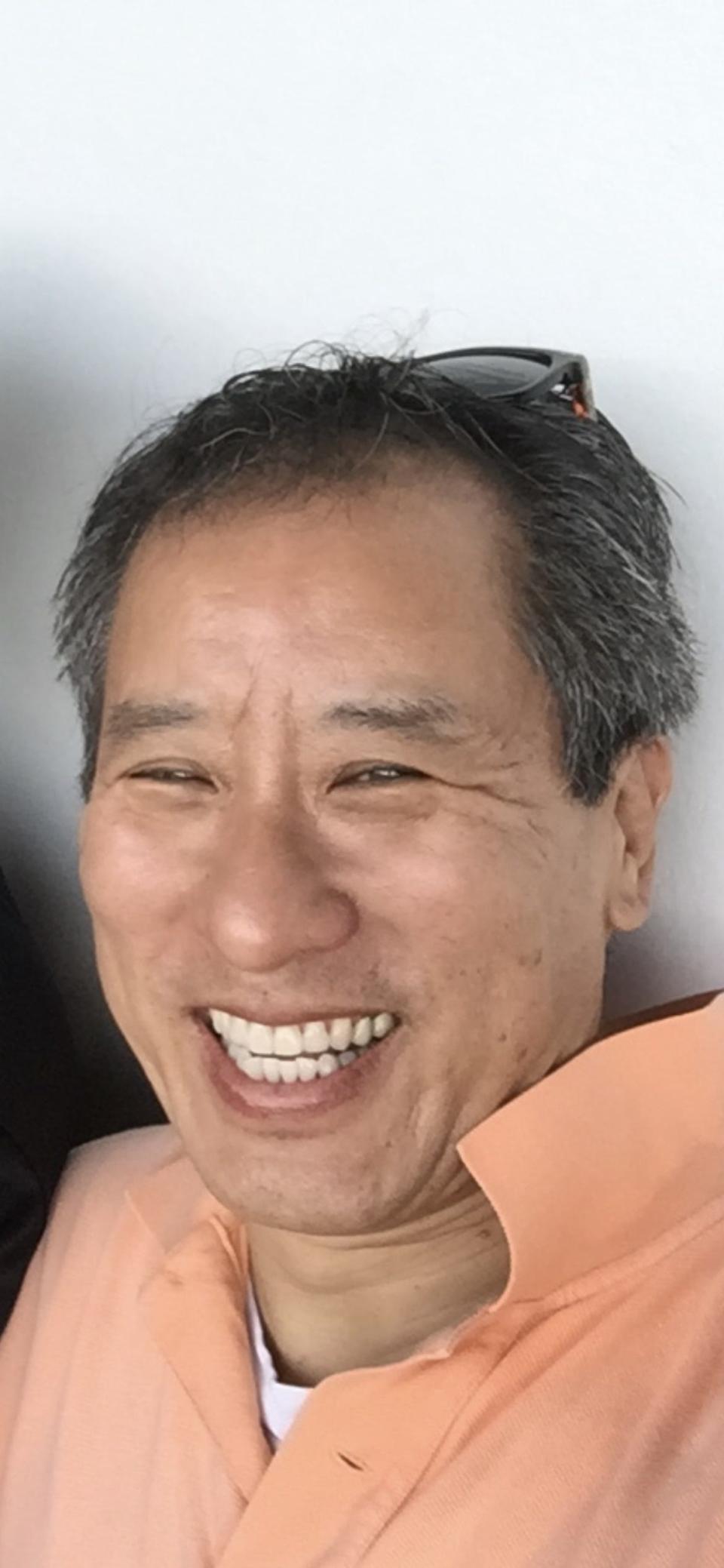If students avoided sleep deprivation, absenteeism and cellphones, grades would improve
I held an experiment recently. I composed a quiz that I could grade in 10 seconds. While administering it, if I saw an incorrect answer, I gave hints in real time and sent the students back to their desks to rethink it.
In the end, everyone scored above 80%. Half of the kids even got a 100%. For some, high scores were a new experience. They all responded with jubilance. Some jumped up and down and ran to their classmates who also were celebrating. There were a handful of kids who even took photos of their scores and sent them to parents, who also probably celebrated.
This was affirming … that kids care and respond positively to success.
As a teacher, I have three enemies: 1. Sleep deprivation; 2. Absenteeism; 3. Cellphones. I am convinced that if students avoided all three, then their grades would improve by at least one letter grade.
More: Guest: Adults with 21st-century pitchforks who ban books can learn a lot from young people
Sleep deprivation: It’s a scientific fact that young and growing mammals need more sleep than adults. It is thought that one can die from starvation of sleep before they will from water or food. At any given time, at least 10% of my kids will have their heads on their desks. And I’m not talking about daydreaming but rather full-on drooling, REM sleep. It’s just physically impossible to keep them awake.
Absenteeism: Quite simply, if you are not present, you are not learning. Twenty percent of kids in Oklahoma are said to be chronically absent. The definition of chronic absenteeism is missing 10% or more school days. In my district, absenteeism is even higher at 45%. According to my colleagues, this is an aftereffect of the pandemic when attendance, whether in-person or virtual, was not strictly policed.
Cellphones: Oh, how I hate cellphones. I am convinced that relationships between kids and their cellphones meet the definition of addiction. The way that phones create dopamine in young brains is scary. If a kid is tinkering with a cellphone during class, then his or her brain is the furthest mode possible from education.
Cannabis: I will add one more enemy of students and that is cannabis. While it is not a widespread problem, when it exists it is severe. My son was addicted to weed. He was a train wreck in high school. The apathy and sloth that resulted from weed was palpable. Thanks to peer pressure from his fraternity brothers and his discovery of the music program at OSU, he got sober. I’m proud to share that he will be graduating from OSU this spring with a 3.5 GPA. His rebirth brings me to tears.
Parents, I have three bits of advice:
Impose lights-out hours in the same way that our parents did. And read up on the effects of blue light on sleep. It’s eye opening ― literally.
Make your kids go to school! Staying home to watch TikTok or play video games is not going to make them better people. Look at it this way, if they miss one day per week, that puts them at a 20% disadvantage to their peers. That 20% penalty compounds like an unpaid credit card.
And lastly, tell them to turn off their phones while at school. If you need to contact your kid during school hours, you can call the office and you will be transferred immediately to a classroom landline, where the teacher is required to pick up.
More: Nuggets of truth: Working at Buc-ee's could earn you more pay, respect than an Oklahoma teacher
What is the cost of enforcing these rules? Nothing. What is to gain? Success! Just tell them that no matter how good the test score is, wait to report the news until after school.

K. John Lee is in the first year of his third career as a math teacher.
This article originally appeared on Oklahoman: Students need sleep; they don't need constant cellphone interaction

